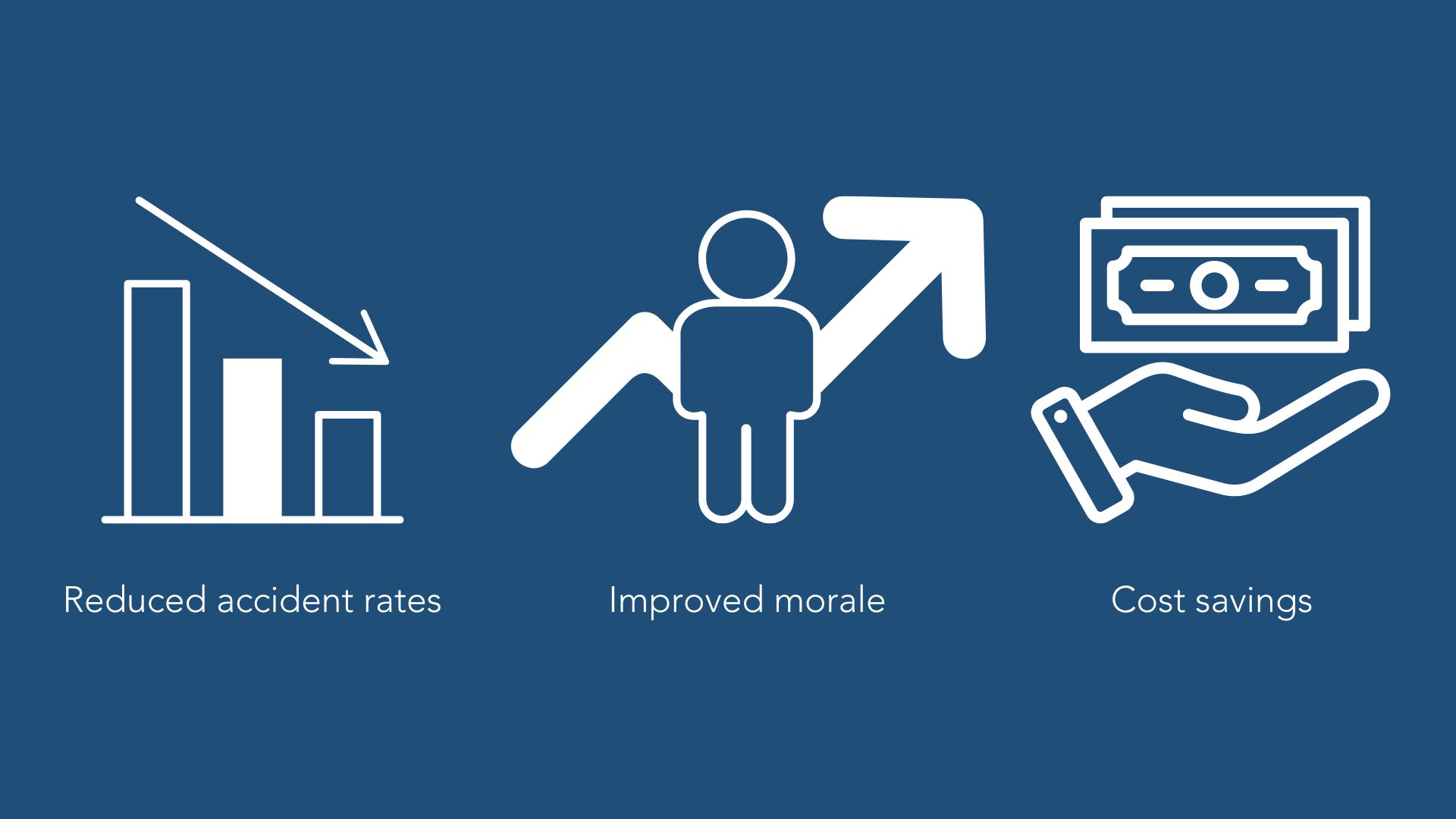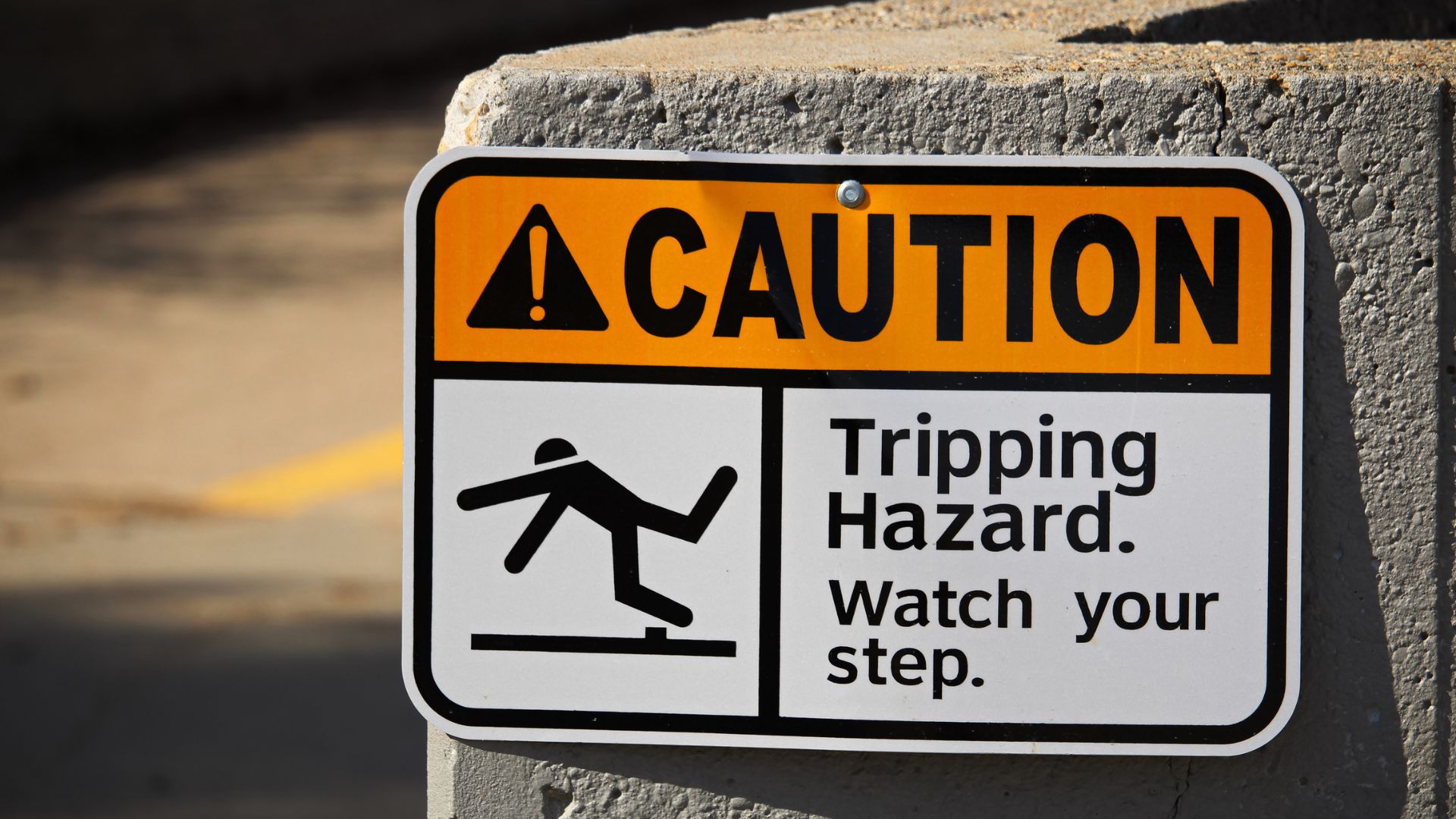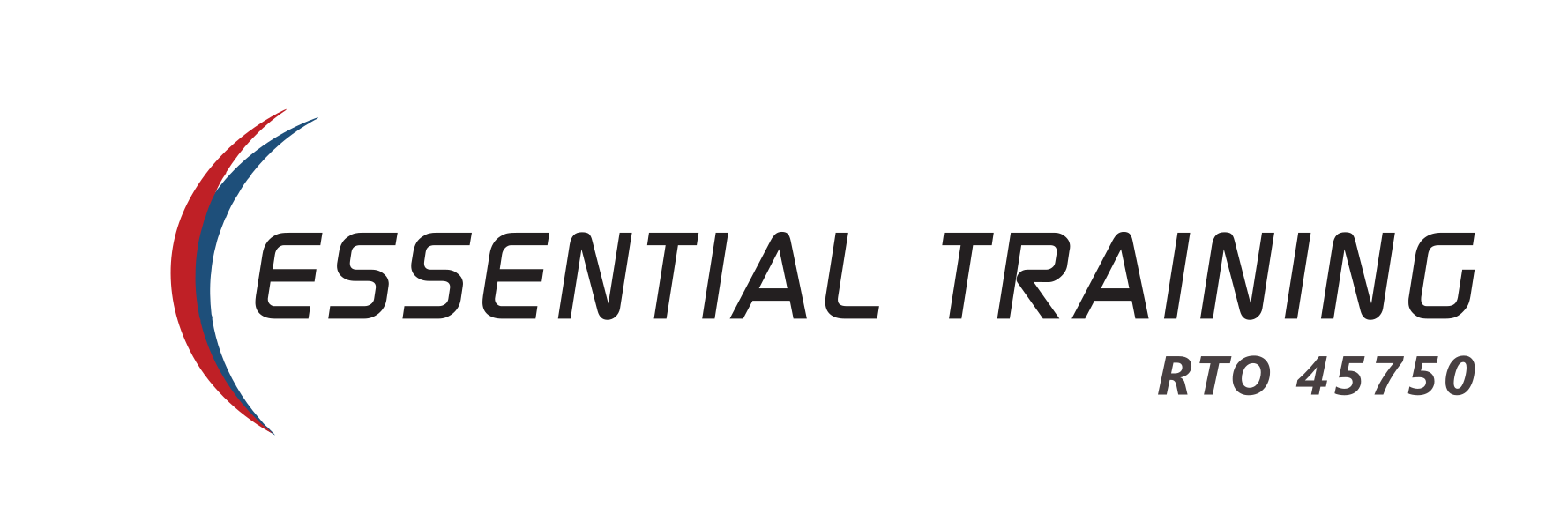Imagine a silent guardian angel in your workplace or community, not with wings and a halo, but with a keen eye, a proactive spirit, and a voice dedicated to protecting you and your team – that guardian angel is often found in the form of a Health and Safety Representative (HSR). These crucial figures play a vital role in ensuring the safety and well-being of everyone within your company. However, many remain unaware of the significance of HSRs, their responsibilities, and the countless benefits they bring to both employees and employers. Let’s shed some light on these silent heroes and delve into the critical importance of HSRs in the workplace.

Who are HSRs?
HSRs are elected representatives of their fellow employees, tasked with protecting everyone’s right to a safe and healthy work environment. They are the eyes and ears of the workforce, empowered by WHS laws and regulations to identify hazards, investigate safety concerns, and report them to the employer. Think of them as the bridge between workers and management, ensuring concerns are heard and addressed effectively.
What’s the importance of HSRs?
The benefits of having HSRs extend far beyond simply complying with the law. They create a ripple effect of positive impacts throughout the workplace, improving overall safety, boosting employee morale, and even generating cost-saving initiatives for companies. Here are just a few of the advantages:
- Reduced accident rates: HSRs play a proactive role in identifying and mitigating potential hazards before they turn into accidents. This leads to a safer working environment for everyone, minimising injuries, illness, and associated costs with staff down time.
- Enhanced employee well-being: When employees feel confident that their safety is a priority, their stress levels decrease, leading to improved morale, job satisfaction, and productivity. HSRs act as advocates for workers’ well-being, fostering a happier, healthier workplace culture.
- Stronger compliance with WHS regulations: HSRs act as a safety net, ensuring companies adhere to WHS laws and regulations. Their oversight encourages businesses to prioritise safety measures, reducing the risk of legal repercussions and fines.
- Improved communication and collaboration: HSRs facilitate open communication between employees and management regarding safety concerns. This collaborative approach builds trust and strengthens relationships within the workplace, leading to better decision-making and problem-solving.
- Cost savings for businesses: Investing in workplace safety through HSRs pays off in the long run. Reduced accident rates and improved employee well-being decrease costs associated with injuries, lost workdays, and insurance claims.

How do HSRs make a difference?
HSRs aren’t meant to be passive observers; their role is to actively contribute to a safer workplace through a range of responsibilities:
- Hazard identification and reporting: HSRs regularly inspect workplaces, identifying potential hazards and risks to employee safety. They report these concerns to the employer, advocating for corrective action.
- Investigating safety concerns: When employees raise safety concerns, HSRs investigate them thoroughly, documenting the issues and proposing solutions to management.
- Monitoring workplace safety practices: HSRs work alongside management, ensuring the appropriate safety measures and procedures as required by WHS regulations are implemented.
- Consulting with employers on safety decisions: HSRs are actively involved in discussions and decisions regarding workplace safety policies and practices. They provide valuable insights from the employee perspective, ensuring safety measures are practical and effective – a great conduit for your WHS comittee in the workplace.
- Educating and empowering employees: HSRs play a crucial role in raising awareness about workplace safety hazards and best practices. They conduct training sessions, distribute safety information, and empower employees to actively participate in creating a safe environment.

Becoming a HSR: Championing a Safer Workplace
Anyone concerned about workplace safety can request to become a HSR. Most workplaces have procedures in place for nominating and electing representatives. These positions require specific training in WHS laws, regulations, and practical safety procedures in order to be effective (or to be able to work to full capacity). Many unions and training organisations offer comprehensive HSR training programmes, equipping individuals with the necessary skills and knowledge to effectively fulfil their role.
What can you do?
Whether you’re an employee or an employer, you can play a vital role in supporting and empowering HSRs:
- Employees: Actively engage with your HSR, raise safety concerns you encounter, and participate in safety initiatives. Support your HSR and
their efforts to create a safe work environment for everyone. - Employers: Recognise the value and importance of HSRs and provide them with the necessary training and resources and support to fulfil their duties effectively. Encourage open communication and collaboration with HSRs on safety matters. Integrate HSRs into your workplace safety decision-making processes.
The Risks of Neglecting importance of HSRs
Choosing to ignore the importance of HSRs can have dire consequences. Failing to provide proper safety measures puts employees at risk of injuries, illness, and even death. This can lead to legal repercussions, hefty fines, and damage to company reputation, let alone the regret of irreversible loss of life. Moreover, a culture that neglects employee safety breeds distrust and low morale, hindering productivity and overall business success.

Conclusion
HSRs are not just a legal requirement; they are the silent guardians of our businesses, helping to ensure employee safety and well-being in the workplace. The importance of HSRs include their efforts in identifying and mitigating hazards, advocating for safer practices, and fostering a culture of safety awareness makes them invaluable assets to any organisation. By understanding the importance of HSRs, respecting their roles and responsibilities, and actively supporting their work, we can create a safer, healthier, and more productive environment for everyone. Let’s acknowledge the power of these silent heroes and empower them to ensure every workplace becomes a haven of safety and well-being.









